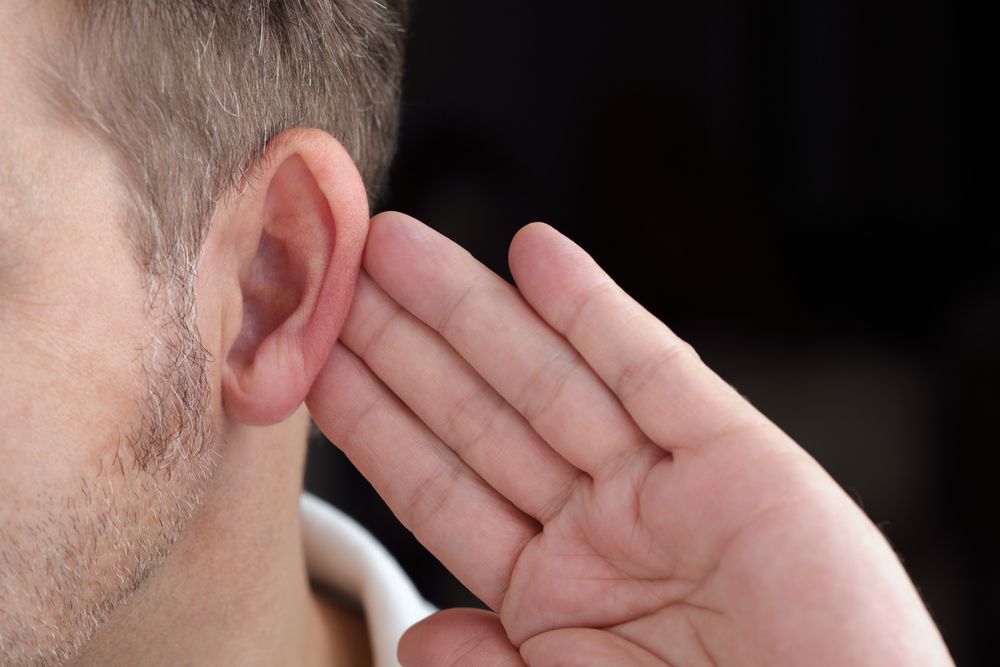Spanish expression: speaking of hair... | donQuijote

We love expressions. That is why, every week, we show you different idioms that will help you enrich your oral expression. In some of our latest posts, we have talked about venir al pelo (being ideal) and tirarse de los pelos (pulling your hair out).
In the same vein, today we are going to talk about two more expressions: caérsele a alguien el pelo and no cortarse ni un pelo. Keep reading in English or click here to switch to the Spanish version of this post. Off we go!
If you have ever heard someone say se te va a caer el pelo, we have bad news for you. This expression literally means that your hair is going to fall out. That doesn't sound very appealing, does it? As you may guess, it means that you will soon be facing the bad consequences of your actions. In other words, you are in trouble!
Let’s have a look at an example. Imagine your mother lends you one of her dresses to go out for dinner. At the restaurant, you spill your drink all over it. You know that she will be mad at you when you get home, and your friends tell you:
¡Has ensuciado el vestido de tu madre! Se te va a caer el pelo.
(You have spoiled your mother’s dress! You are going to be in trouble).
Tracking the origin of these kinds of expressions is never an easy thing to do. We can imagine that, as a consequence of an upsetting event, stress may cause someone’s hair to fall outn. This is exactly what happened to Picio, a very popular character in the Spanish proverbs collection whose story is often used to describe the meaning of this saying.
Legend has it that this shoemaker from the 19th century was sentenced to death for a crime he had not committed. Right before the execution, he was proved innocent and released. However, the anxiety from his days on death row made him lose all his hair. ¡A Picio se le cayó el pelo!

Let’s go back to the stained dress. It could be said that your mother no se cortaría un pelo in punishing you for getting it dirty. What does this mean? That she has no qualms about making you pay for spoiling her clothes.
In other words: no le va a temblar la mano (her hand is not going to shake) or no se va a pensar dos veces (she is not going to think twice) before grounding you. All these are equivalent expressions. That is to say, you can’t escape! Do you want to know more about the origin of this popular saying?
A single hair is something small, thin, and not worth much compared to a whole head of hair. Because of this, no cortarse un pelo (not cutting one hair) symbolizes not caring about something. It won’t matter to your mother that you regret spoiling her dress. She is going to punish you anyway sin cortarse un pelo.
That's our review of the Spanish proverbs collection for today. If you would like to keep learning new expressions to surprise everyone with your Spanish, we invite you to click on the video below and get some more practice.

















